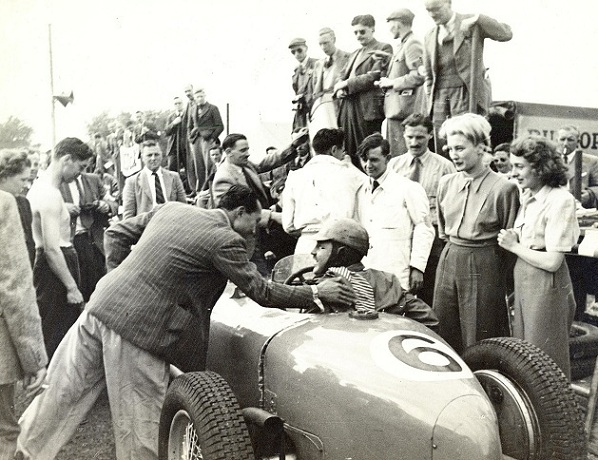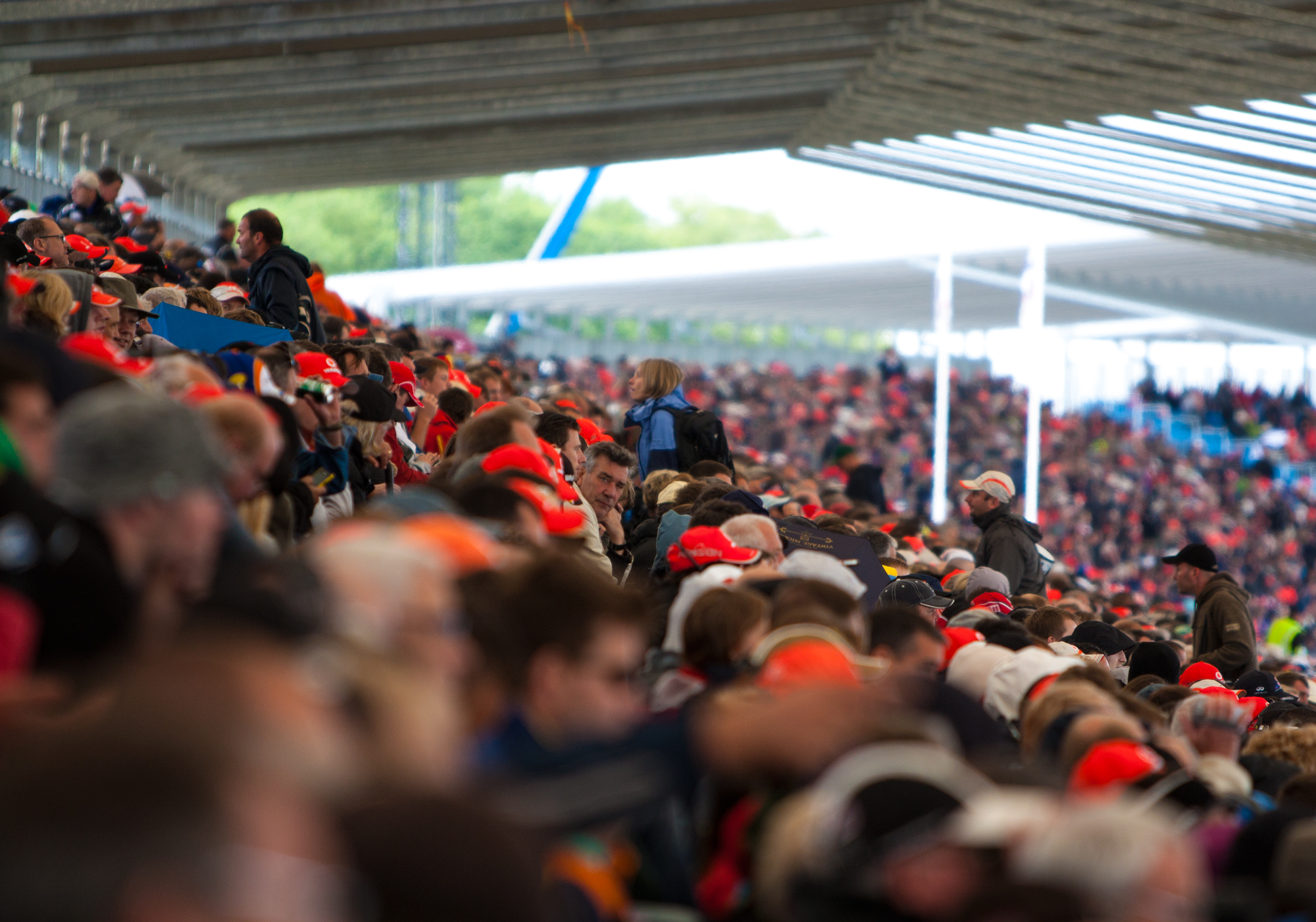On lap 48 of the German Grand Prix Fernando Alonso passed Felipe Massa for the lead of the race, a race the Spaniard would go on and win. Massa had the previous lap received a message from his engineer Rob Smedley, in which Smedley told his driver that Alonso was faster than him. The blogosphere was immediately aflame with speculation that the move was coded team orders, which are forbidden under article 39.1 of the Sporting Code.
Less than an hour after the end of the race, Ferrari were called in front of the stewards and quickly issued with a $100 000 fine for issuing team orders and bringing the sport into disrepute. The debate threatens to rumble on, with Ferrari still to appear in front of the World Motor Sport Council. Convicted of breaking the rules, Ferrari are again in a lot of fans’ bad books. But have they been hard done by? What sort of defence will they be offering? And are Ferrari being unusual in favouring a driver?
The argument that Ferrari gave team orders and artificially altered the outcome of the race is a convincing one. The first people you might feel for are the fans who attended the race; watching an organised procession of F1 cars that was only intermittently entertaining anyway was bad enough, but the winner effectively being pre-determined would have been a kick in the teeth. The second group to suffer are the watching fans around the world – Facebook and Twitter are seething with updates from F1 armchair followers who doubtless feel as though they have been cheated.
But none of them are as disenfranchised as the man at the centre of the storm – Felipe Massa. This column has already noted this year how Massa has taken a de facto number two slot in the team to his illustrious team-mate; but this has never been confirmed in such a way before. Massa must be angry that after having worked his way through his apprenticeship to Schumacher, having disposed of none other than Kimi Raikkonen, and having suffered a terrible accident he has not been given more support by the team. It will confirm in the eyes of the Brazilian’s critics that Ferrari have never seen Massa as a true great, the man to carry on the legacy. If this result was a kick in the teeth for the fans, it is a kick in the balls for a racing driver.
Massa could go two ways from here. The first is back into his Schumacher-era shell, playing the loyal rear gunner for Alonso. If so, all the hard work he and Rob Smedley have put in to make Massa the driver he is now will have been wasted. 2008 runner-up might then be the high water-mark of his career. The second way is that he uses it as motivation, and it spurs him on to outperform another top driver in the way that he has done before. This would be good for the spectators, too. One suspects that in the interests of fairness Alonso ought really to have the same ‘problem’ as his team-mate as Lewis Hamilton does at McLaren and Sebastian Vettel does at Red Bull.
But we digress. On the other hand, of course, there are the defenders of Ferrari’s actions. F1 is, despite sometimes looking different, a team sport. Teams shell out vast amounts of money travelling around the world to bring home two prizes – the drivers’ championship and the teams’ one. This has a number of consequences for their conduct during the race. It means the maximum amount of points must always be scored; it means whichever of the drivers appears most likely to win the championship is preferred, if only in a de facto way. It means they have to keep their ‘star’ driver happy. In this case, few would contest that Fernando Alonso is more of a star than Felipe Massa. Ferrari’s management obviously believe that they are doing better to back the Spanish horse than the Brazilian one. And that, sadly enough for those who want to see a fair fight between team-mates, is the teams’ prerogative. A fair fight between team-mates is a rarer thing in F1 than most people believe.
That situation exists in other teams as well. It was a little galling today to see Red Bull team principal Christian Horner mock Ferrari for the ‘most obvious team order’ he had ever seen, when his team preferred one of their drivers over the other at Silverstone. It is not a difficult thing to understand, the idea, and so it gets a little wearing when team principals pretend it doesn’t happen. It might not be so ‘obvious’, but whether it is options on parts, access to set-up information, human relationships or the perception of his pace, one driver will always be a step ahead of the other.
Ferrari today pretended that they were not preferring a driver. They specifically told Massa not to move over, which would have been blatantly illegal, but merely that Alonso was faster than him. Massa hung himself, goes the argument, by letting Alonso by. The line, then, between ‘a team organising itself in the optimal way for the race result’ and a ‘team order’ is a very fine one. That they were simply doing the former is presumably what Ferrari will be arguing if and when they appear in front of the WMSC.
But no-one believes that they were simply defending themselves from Vettel. Everyone knows that Alonso is the man Ferrari want to win more races for them. That shouldn’t really be a surprise to anyone.








